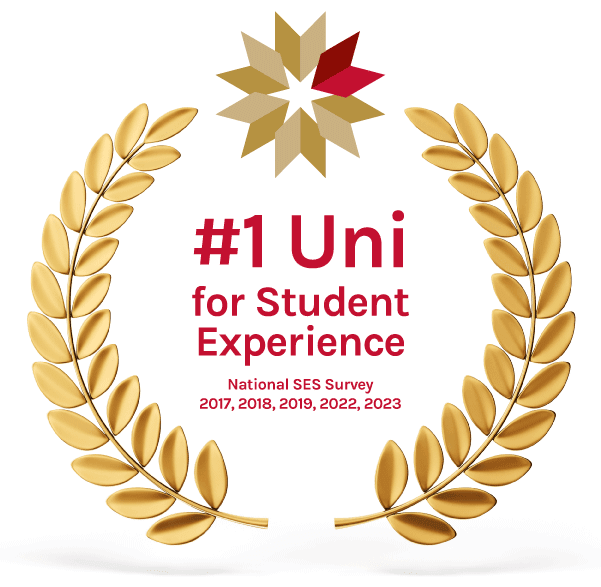Are you ready to take the next step in your career?
Leadership plays a pivotal role in guiding individuals, teams and organisations towards success and positive change. Studying leadership will help you to gain valuable insights into effective decision-making, inspiring others and fostering collaboration.
Join participants from around Australia who are managing and supervising staff and departments in various faith-based agencies and corporate organisations. Designed with working professionals in mind, you will be equipped to make a lasting impact in your workplace and community.
INNOVATIVE CURRICULUM
Investigate real-world case studies and learn from a variety of academics and practitioners.
BLENDED MODE
Benefit from both flexibility and skills-development with options for online and face-to-face learning.
SUITS FULL-TIME WORKERS
Designed for working professionals with short time-frames and opportunities for learning to be applied to your work context.
Explore courses

Why study Leadership with the University of Divinity?
#1 in Australia for student experience
The University of Divinity is nationally recognised as having the most positive student experience of any university in Australia.
Read more about our student experience results
Host College
The Leadership area of study is hosted by Uniting College for Leadership and Theology, with electives available at other participating colleges.
Contact for more information and course advice
Uniting College for Theology and Ministry
Email: info@unitingcollege.edu.au
Phone: (08) 8416 8420
